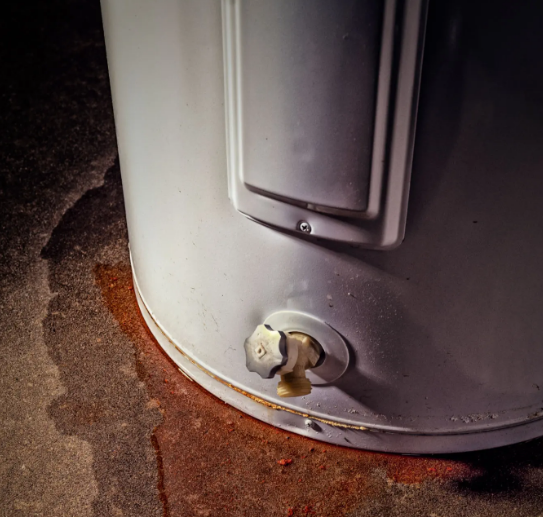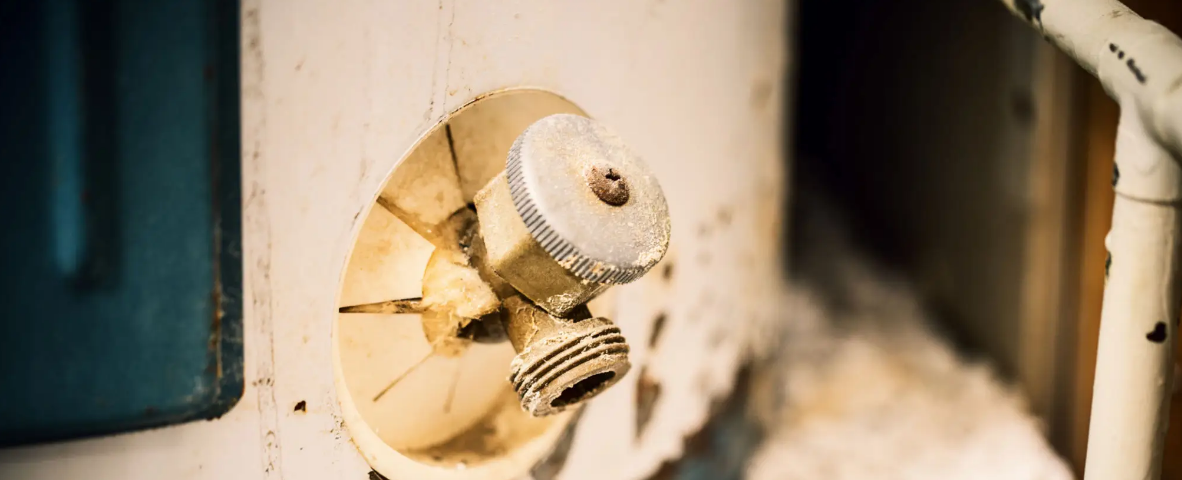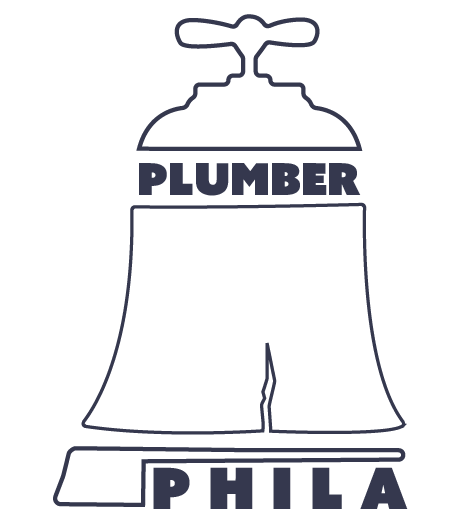Water Heaters have been the bread and butter for most households and have become an essential addition to anyone who is deciding to either move into a new place or you’re deciding to lease a place and rent it for a few years before deciding to move out again, so it becomes a hassle when a rusty water heater is what you’re presented with instead.
Water Heaters are not only a necessity during colder winters, but they are especially important in places where there is no internal heating. The house remains cold all the time unless a physical heater is installed or the inverter is turned on. Having cold water can be an absolute hassle during the winter, and you’ll want to get a water heater no matter what.
Now that you have a shiny new water heater, you can enjoy a few years with it before finding out just how easily it can get corroded and turn into a rusty water heater. Over time, it can get rusty and start to interfere with the total quality of the water that is being kept in it and the water that is running through the pipes.
It is important to take some precautionary measures to prevent the water heater from rusting, which we will discuss in detail. Our article will cover everything you need to know about why a rusty water heater can occur and the possible solutions you can use to prevent it from happening in the first place.
Why Does A Water Heater Become Rusty?
There can be quite a few reasons for why a water heater becomes rusty, and we are going to list them down and discuss them in detail! These problems include anything from corrosion on the insides, the age factor of the water heater, or even due to the mineral buildup that occurs.
Corrosion
Kicking things off: Since a water heater is made of metal, it is very common for it to get rusted. While some companies use rust-free stainless steel for their containers, it is still very common for them to lie about it, and the heaters tend to get rusted very quickly.

The metal itself tends to get corroded for a few years, which can cause rust to appear and give you a rusty water heater to deal with. The main reason for that is oxygen exposure, as it tends to react with oxygen and cause corrosion to occur.
To get rid of the corrosion, you need to either scrub it off or have it professionally cleaned.
Age Factor
Moving on, yet another major reason rusty water heaters occur repeatedly is simply the age factor.
When a water heater is newly installed, it is less susceptible to rust, making it easy to handle. However, as the years go on, the metal starts to wear and tear, ending up becoming aged. Therefore, corrosion and rust can occur on the external and internal structure of the water heater and can become a nuisance to handle.
Mineral Buildup
Although this is pretty common knowledge, if you still weren’t aware, you should know that minerals are present in both filtered and unfiltered water that runs through the pipes of our homes.
The minerals can start to deposit on the edges of the container while the water starts to heat up. As time goes on, the mineral buildup can solidify, causing rust and corrosion to happen even faster, and can become daunting to deal with if it isn’t cleaned often.
One way to get rid of it is to call a professional plumber to clean it internally and externally or to have it replaced.
Mud And Dust

Moving on, if there’s another major reason why a rusty water heater might start to become your reality whenever you want to enjoy a comfortably warm shower is due to the accumulating mud and dust in the water heater.
If you don’t already know, then over time, mud and dust can start to settle at the bottom of the container and even line up against the side of the container, too. Not only can this cause the container to get dirtier faster, but it also forces the corrosion and rusting process to happen a lot quicker, over a few months, as compared to the few years that it typically takes.
How To Fix A Rusty Water Heater?
Now that you have found out all the reasons why you’re facing a rusty water heater, it is best also to list down the possible solutions that can help you solve the issue at hand.
Regular Cleaning
One of the first ways that you can ensure that a water heater remains rust-free is to ensure that regular cleaning takes place.
This simply means that you need to clean the container with a cleaner, and any cleaner made for tanks can work pretty well. All that needs to be done is to scrub it properly, and it massively reduces the chances of rusting.
Inspection
Another thing you can do after you’ve installed a new water heater is to keep a good eye on it. After a few months have passed, make sure to get it checked and inspected so that there is no rust already occurring on the bottom or sides of the containers.
This keeps the water heater in check, prevents it from becoming rusty, and makes it a lot less annoying to deal with later!
Conclusion
There are many reasons a water heater can get rusty, but it is crucial to understand the risk factors, where the problems lie, and take the time to figure out the solutions. Prevent a rusty water heater from becoming your reality by contacting the best plumbing services in Philadelphia!

